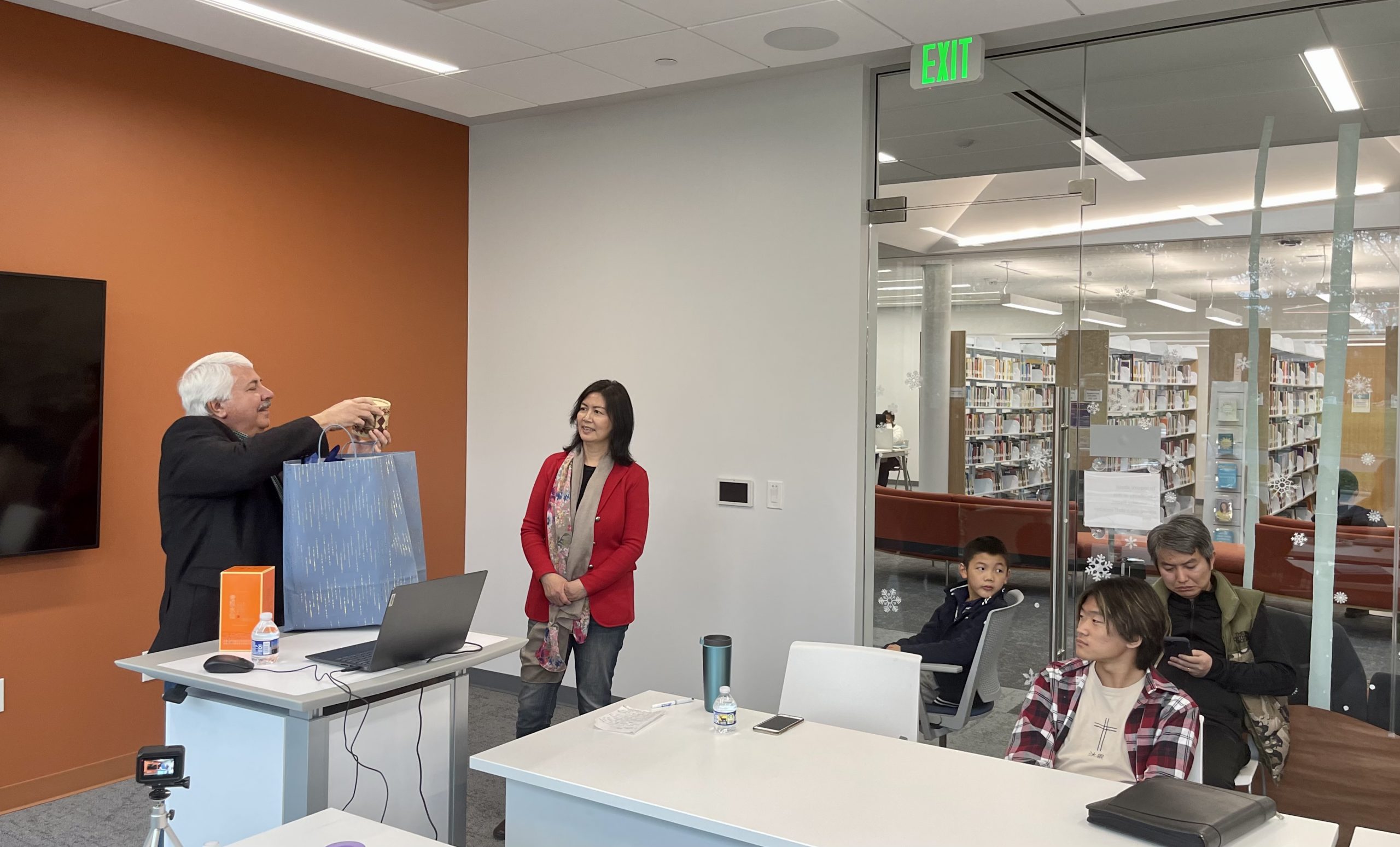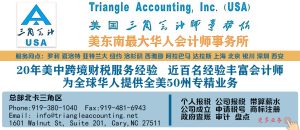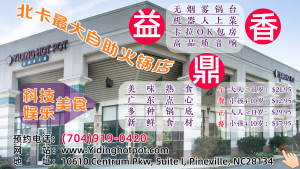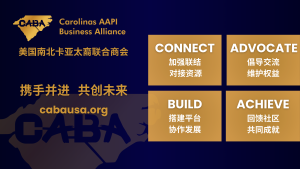
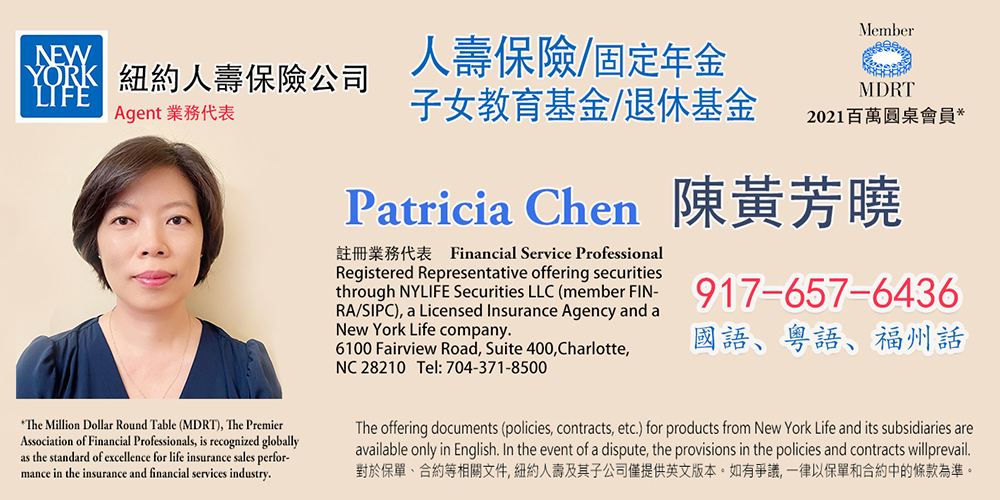

【华e生活特约作者Jasmine郑、陈旭翻译整理】2 月 11 日中午,几十位华人和他们的子女汇聚夏洛特南部一家图书馆,聆听了迈克尔·鲁伦医生谈论医疗行业:它的起起落落,它可能造给从业人员造成的心身疲惫,更重要的是,真正关心帮助别人给一个人来带来的无尽价值。
此次讲座是南北卡华人服务中心下属卡罗莱纳人文青年基金会主办的。
鲁伦医生生长在俄亥俄州的一个小镇,他的父母虽然没有上大学,但非常相信高等教育的意义。 鲁伦医生把自己的成功归功于他的父母和姨妈,他们向他展示了辛勤工作就可以带来的收获,他们还是他成才路上的啦啦队,一直为他加油打气。 他也坦承作为白人享受到的一些特权,所以他毕生致力于回馈社区,作为儿科医生回归自己的社区行医。 他于 2008 年加入 Atrium Health,担任首席医疗官,帮助改造设施和改善医疗系统。 2014 年,他成为夏洛特地区健康教育中心主任,负责”持续专业发展”、健康科学学院项目以及模拟中心等。 虽然鲁伦医生已经在去年退休了,但他仍不遗余力将自己投入到改善大众生活质量、帮助医生和患者的工作中。
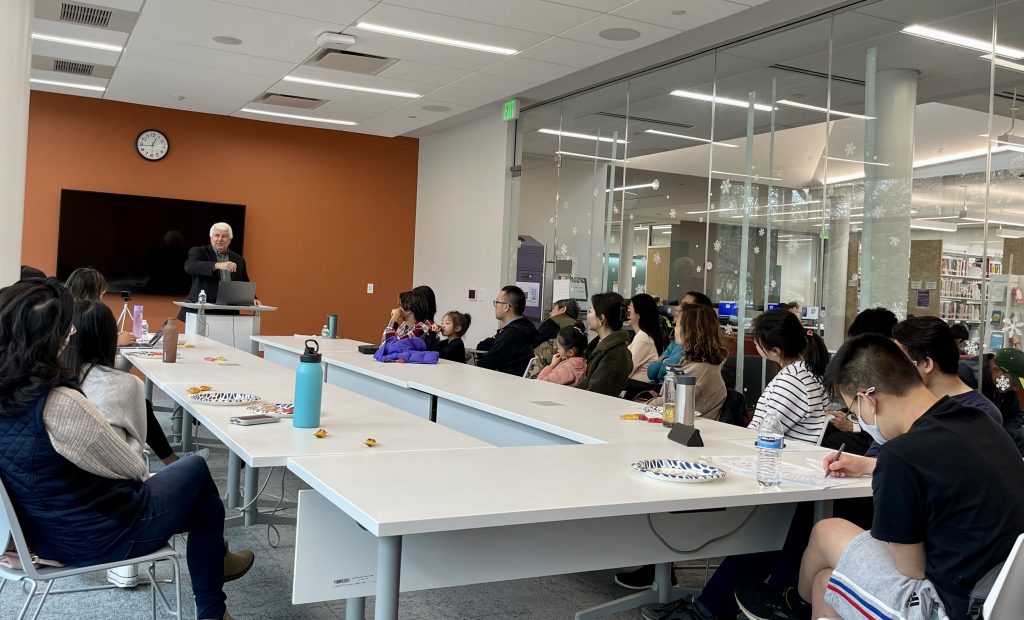
讲座期间,鲁伦医生深入探讨了各种具有启发性的话题。 他回答了各种预先提交的问题。 例如,根据他自己的经验,他认为美国的医疗保健的支付系统需要改革。 他还解释了公共和私人医疗系统之间的区别,指出私人医疗系统由投资者持有,而公共医疗虽然也确实会有一些利润,但这些利润都被重新投资到医院和社区。 此外,他详细介绍了人工智能和当今技术如何改变医疗保健的复杂性,并详细说明了目前电子记录会经常在医生和患者之间造成一些障碍。 虽然拥有能快速调用信息,可以智能对话的计算机肯定会有所帮助,但医疗保健的数字化过程目前仍存在许多问题,尤其是那些有紧急问题,或需要确认预约,而有缺乏可靠的互联网技术的人。

与大家更为息息相关的是鲁伦医生讲述了进入医疗保健行业的真正意义。 要成为医生,典型的课程包括学士学位、四年的医学院、三到四年的住院医师和专科医师培训(Fellowship)。 对于注册护士,两年制副学士学位是允许的,但四年制学位是最佳选择。 鲁伦医生也很周到地介绍非传统意义上的医生工作,但仍然与医疗保健相关并在起着举足轻重的作用,例如物理治疗师、医疗保健律师和生物医学工程师等行业。
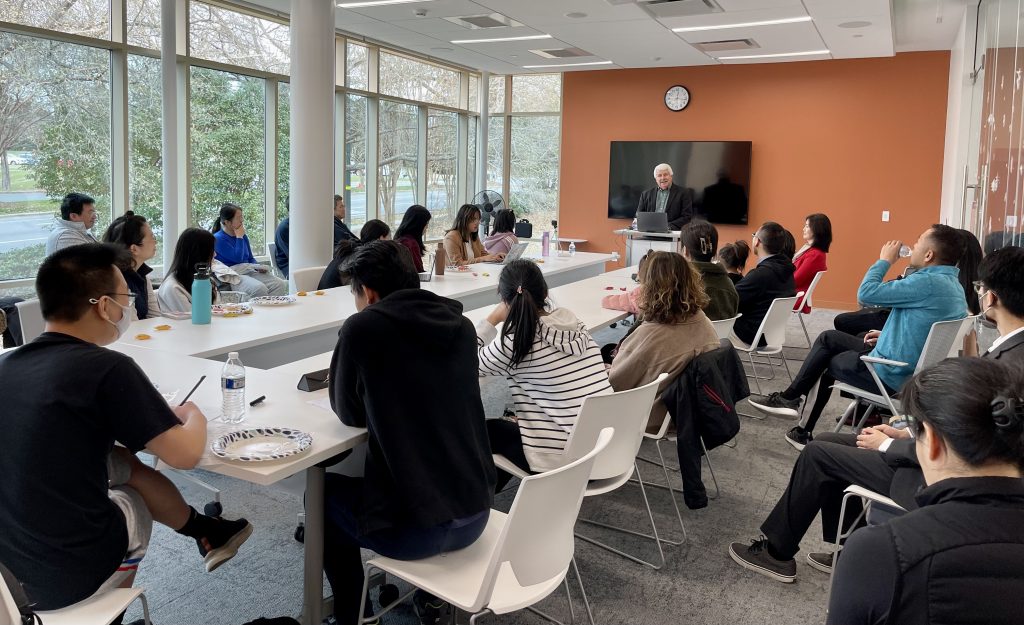
鲁伦医生用充满感染力的语言和情感讲述了他作为儿科医生的经历,”人们对对于医疗工作者的信任是巨大的,他们把生命交到医生手上”。他描述了他接生婴儿的经历以及他帮助的幸存的早产儿,他们的父母对他的无限感谢。 他诠释了作为一名医生所涉及的深度和广度 ,痛苦和快乐 。曾经有一个治疗的案例,一名男孩的大部分身体有三度烧伤,他们决定在男孩腿上放置静脉输液管,仅仅是维持生命,这无疑是一个非常艰难痛苦的选择。鲁伦医生他为此事产生了激烈的思想斗争,后悔没有与其他人商榷汇报,明知男孩及其家人不得不忍受内心难以承受的创伤,同时男孩的母亲最后也感谢他所做的一切 。 这个故事非常具有代表性:成为一名医生,作为一名医疗保健提供者,绝非易事。 他们面临压倒性的压力,随时随地必须面对自己是否做出正确选择的压力。 不过,归根结底,医疗保健至关重要,而不是为了金钱或声望。 那些在医疗系统中幸存下来的人是因为他们持之以恒,专注于日常的快乐以及职业之外的人际关系,是因为他们真正热爱帮助别人,这是医疗工作者的原动力。

本稿作者Jasmine郑,是卡罗莱纳人文青年基金会秘书。她的英文报道原文如下:
Dr. Michael Ruhlen – Healthcare Seminar
By: Jasmine Zheng
On Saturday, February 11, the Carolina Humanity Youth Foundation had the utmost pleasure and privilege to hear Dr. Michael Ruhlen speak about a career in healthcare: its ups and downs, the toll it can take, and how worthwhile it can be to one who truly cares about helping others.
Dr. Ruhlen himself grew up in a small town in Ohio, born to parents who, though without college educations, believed in the value of them. Dr. Ruhlen, in fact, ascribes much of his success to his parents and aunt, who showed him the reapings hard work can yield and cheered him on. That being said, he also acknowledges his privilege as a white man, and he dedicated his life to giving back to communities, becoming a pediatrician and returning to his own community to practice. Later, he went on to join Atrium Health in 2008 as a Chief Medical Officer, helping to remodel the facilities and improve the systems. In 2014, he became the Charlotte Area Health Education Center Director, overseeing Continuing Professional Development activities, health science college programs, and simulation centers. He retired last year, but his work has greatly enhanced the lives of many, from healthcare learners to patients.
During the seminar, Dr. Ruhlen delved into various enlightening topics. He addressed various pre-submitted questions. He believes, for example, through his own experience, that America’s healthcare payment system must change at some point. He also explained the differences between a public and private health system, stating that private ones are investor-held and that while public systems do maintain profit margins as well, the money is reinvested into the hospital and community. Moreover, he detailed the complexities of how AI and technology are transforming healthcare, expanding on how at the current state of development, electronic records and paperwork often create a barrier between a doctor and their patient. Though it would certainly be helpful to have an intelligent, speaking computer calling up information with speed, the digitization of healthcare has many issues at present, not least being those who have pressing issues or appointments to confirm but lack reliable internet access or technology.
Perhaps most pertinently, though, Dr. Ruhlen related what it really means to go into healthcare. Though he pointed the group toward the US News & World Report for their compendium of healthcare opportunities, he also explained that for physicians, the typical course includes a baccalaureate degree, four years of medical school, three to four years of residency, and a fellowship for specialists. For registered nurses, two-year associate degrees are allowed, but a four-year degree is optimal. Dr. Ruhlen was careful, too, to highlight the number of jobs that are not necessarily the stereotypical physician but still relate to healthcare and hold important positions in the system, such as physical therapists, healthcare attorneys, and biomedical engineers. Despite not being the traditionally thought-of healthcare role, these positions bring enormous aid to people.
For himself, in powerful speech and emotion, Dr. Ruhlen recounted stories of his own experience as a pediatrician. He stated that for healthcare providers, an integral and astounding piece is the trust that people place in them, delineating his experiences delivering babies and being thanked by a premature baby whom he helped survive. He related the depth and breadth – the pain and joy – of being a healthcare provider through a deeply impactful recounting of treating a boy who sustained 3rd degree burns over most of his body and making the difficult decision to put an IV line in the boy’s leg – to keep him alive. Though he struggled with the aftermath and later regretted not debriefing the event with others, wrestling with the guilt of knowing the trauma the boy and his family had to endure, he later reunited with the boy and found the boy’s mother thanking him for what he had done. The story represented his overall advice: being a medical professional, being a healthcare provider, is difficult. They face overwhelming pressures and often must confront whether they are doing the right thing. Ultimately, though, healthcare matters, not for money or prestige. Those who survive healthcare do it because they lead sustainable lives and focus on everyday joys, with relationships outside of their career. Those who survive healthcare do it because they truly love helping people, and that great factor is their great motivation.
Dr. Ruhlen’s advice, teachings, and anecdotes were phenomenal, and we at the Foundation would like to extend our sheer gratitude for the beam he shined today on careers in healthcare for our enterprising members.
For those who were unable to attend, do not hesitate to reach out for a recorded version.

